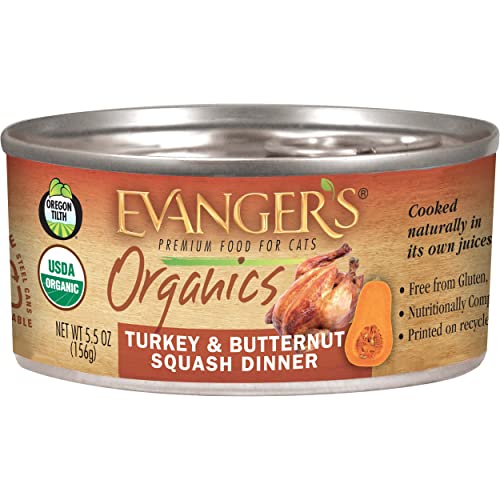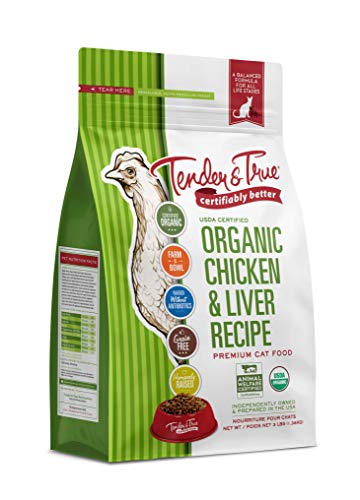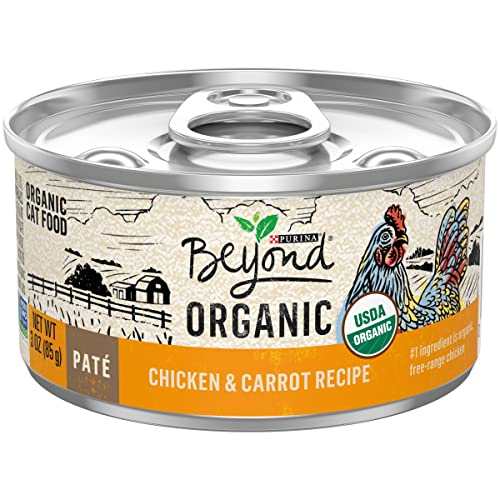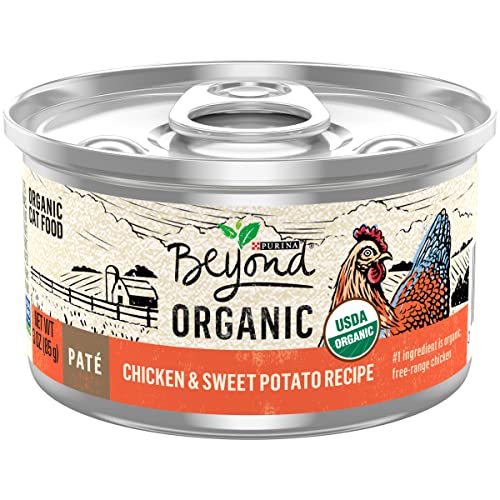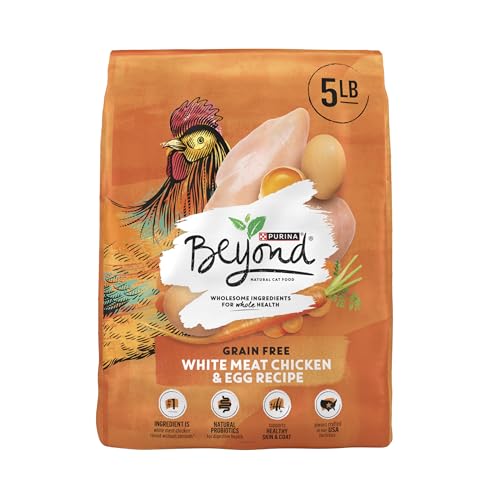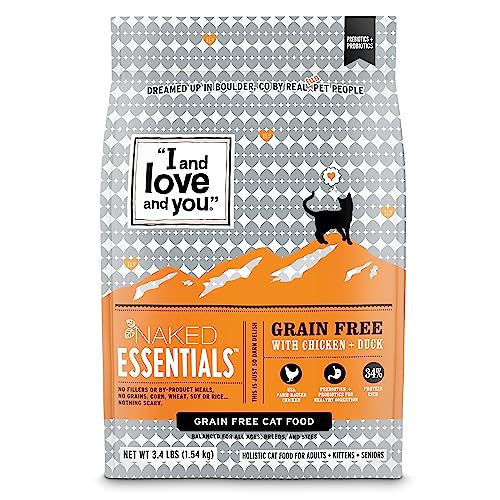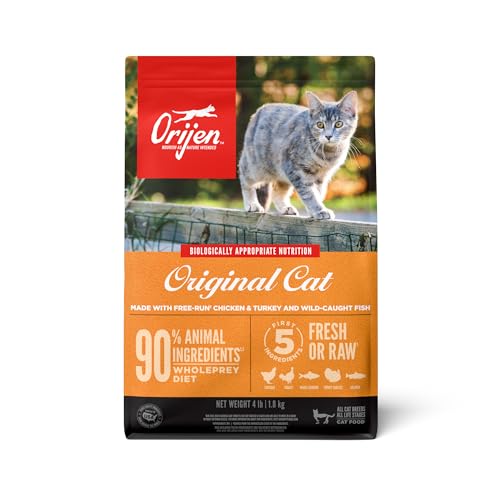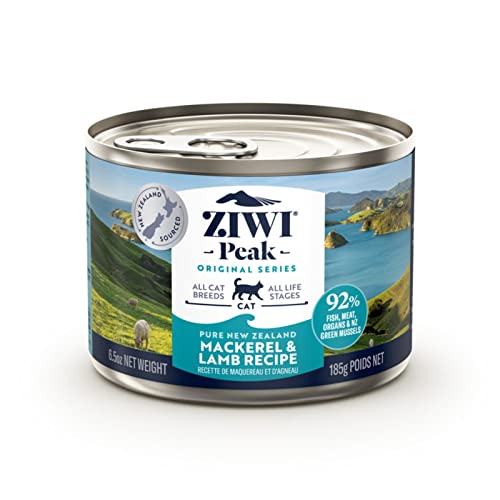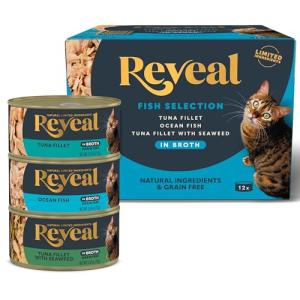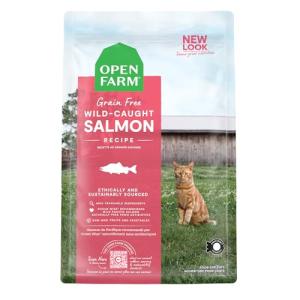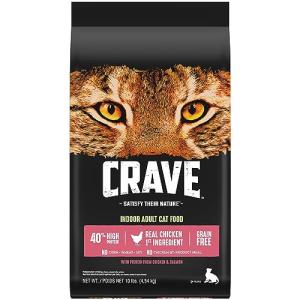The trend towards organic cat food is more than just a fad; it's a commitment to pet health and wellness that echoes a growing awareness about the importance of quality nutrition. With an array of products flooding the market, understanding what makes cat food truly organic and how it benefits your pet is crucial for making informed choices.
Understanding Organic Cat Food
Organic cat food is defined by the use of ingredients that are certified organic, meaning they are grown and processed without the use of synthetic fertilizers, pesticides, genetically modified organisms (GMOs), or irradiation. This ensures that the food your cat consumes is not only safe but also contributes to their overall health by reducing their exposure to potentially harmful chemicals.
The Benefits of Feeding Your Cat Organic Food
Improved Health and Vitality: Organic cat food often contains higher levels of nutrients, including vitamins, minerals, and antioxidants, contributing to better health and vitality of your cat.
Reduced Risk of Allergies and Sensitivities: With no artificial additives, colors, or preservatives, organic cat food is less likely to trigger allergies or sensitivities in cats.
Support for Sustainable Practices: By choosing organic cat food, you're supporting farming practices that are better for the environment, promoting biodiversity, and reducing pollution from agricultural chemicals.
Choosing the Right Organic Cat Food
Selecting the right organic cat food involves more than just looking for the "organic" label. Here are some tips to guide your choice:
Certification Matters: Look for products that are certified organic by reputable organizations. This ensures that the food meets strict standards for organic production and processing.
Understand the Ingredients: High-quality cat food should list real, recognizable ingredients, with organic proteins being the first on the list. Avoid foods with ambiguous terms like "meat by-products."
Consider Your Cat's Life Stage: Ensure the food is appropriate for your cat's age, size, and activity level, as kittens, adults, and senior cats have different nutritional needs.
Consult with a Veterinarian: Before making significant changes to your cat's diet, consult with a veterinarian, especially if your cat has specific health issues.
Incorporating Organic Cat Food into Your Cat's Diet
Transitioning to organic cat food should be done gradually to allow your cat's digestive system to adjust. Start by mixing a small amount of organic food with their current food, gradually increasing the proportion of organic food over several days.
The Impact of Organic Cat Food on Health and Longevity
Feeding your cat organic food can lead to noticeable improvements in their health and wellbeing, including a shinier coat, higher energy levels, and potentially fewer health issues related to poor nutrition. While organic cat food may come with a higher price tag, the long-term benefits it offers can lead to lower veterinary bills and a happier, healthier pet.
Choosing organic cat food is a step towards ensuring your feline friend leads a healthy, vibrant life. By prioritizing natural, high-quality ingredients free from harmful chemicals, you're not only contributing to your pet's health but also supporting more sustainable agricultural practices. With careful consideration and consultation with your veterinarian, you can make an informed decision that benefits both your beloved cat and the environment.
